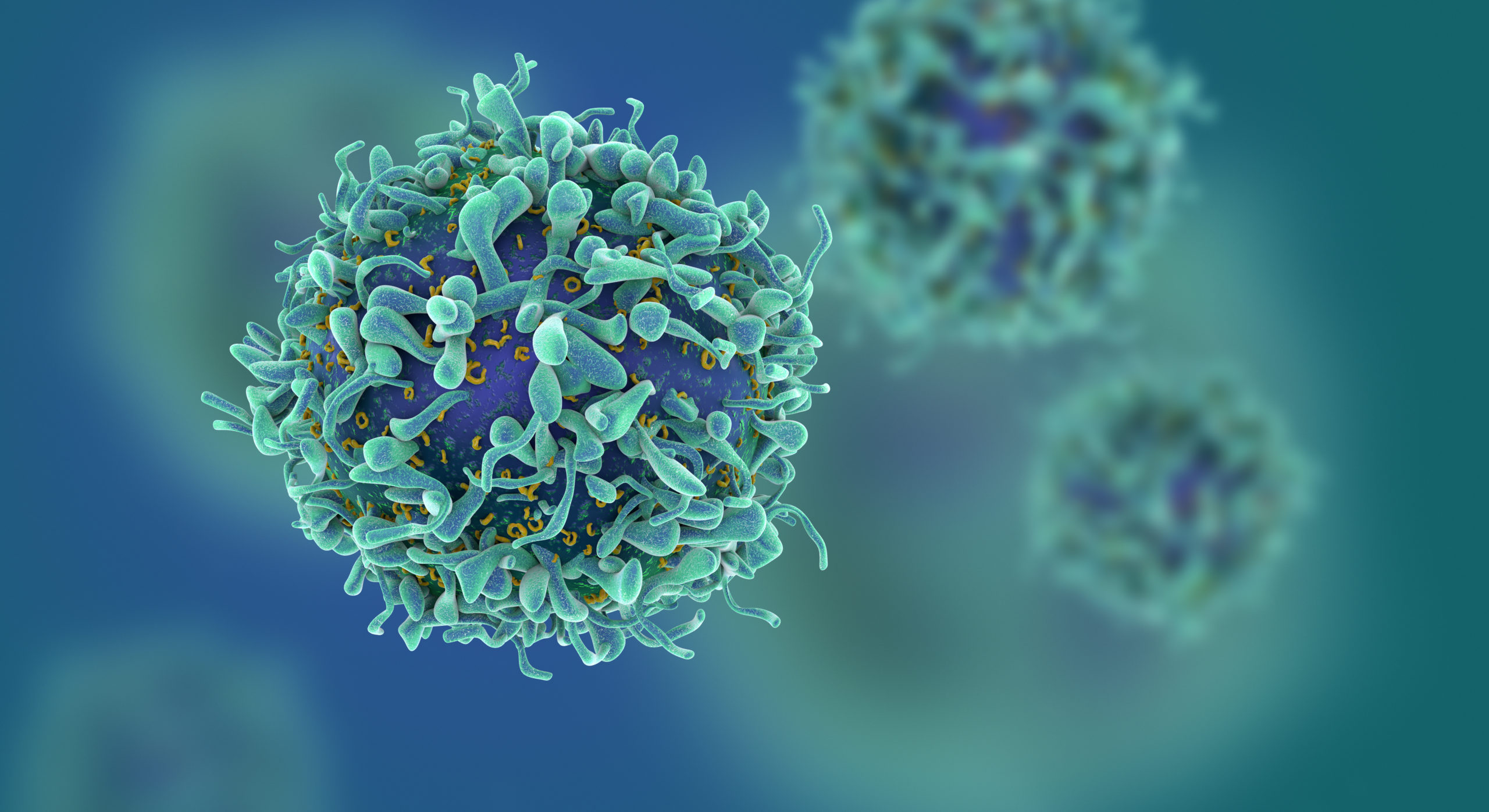Media Coverage
The work done by Northwestern University Feinberg School of Medicine faculty members (and even some students) is regularly highlighted in newspapers, online media outlets and more. Below you’ll find links to articles and videos of Feinberg in the news.
-
US News & World Report
–
Love Black Coffee & Dark Chocolate? It Could Be in Your DNA
“That is interesting because these gene variants are related to faster metabolism of caffeine and are not related to taste,” said study author Marilyn Cornelis, an associate professor of preventive medicine in nutrition at Northwestern University Feinberg School of Medicine in Chicago. “These individuals metabolize caffeine faster, so the stimulating effects wear off faster as well. So, they need to drink more.
-
Chicago Tribune
–
Stem cells instead of drugs? Northwestern trial testing a way to help strengthen transplant patients’ immune systems
“We’re robbing Peter to pay Paul, if you will, with these medications,” said Dr. Joseph Leventhal, a professor of surgery and director of kidney transplantation at Northwestern Medicine, who leads the clinical study.
-
CNN
–
Child hospitalizations are surging in this Chicago hospital
And while the number of children going into the intensive care unit at the Ann & Robert H. Lurie Children’s Hospital of Chicago has not increased, Dr. Larry Kociolek says he expects that to change if infection numbers keep climbing.
-
NBC News
–
Did you test positive on a home Covid kit? Your local health department wants to know
Dr. Robert Murphy, the executive director of the Institute for Global Health at the Northwestern University Feinberg School of Medicine, said calculating how many home tests go unreported is complicated.
-
Chicago Tribune
–
After more than 200 days in Northwestern Memorial Hospital, Brittani Bury leaves with new heart, lungs, future
Bury’s medical journey started when she was born with five congenital heart defects and two congenital lung defects. Less than a day old, she underwent her first open-heart surgery. According to Dr. Ankit Bharat, chief of thoracic surgery at Northwestern Medicine, Bury’s TAPVR is extremely rare.
-
Yahoo! News
–
Getting COVID Isn’t A Shameful Moral Failure
“Humans are social beings, so there is always that desire” to feel connected to others, said Sheehan Fisher, a psychologist and an assistant professor of psychiatry and behavioral sciences at Northwestern University Feinberg School of Medicine. People are craving that connection now more than ever.
-
NBC News
–
What to do if you’ve just tested positive for Covid
Inform the close contacts you were around not only once you started feeling sick or once you took your test, but also those whom you were with in the days leading up to that point, said Dr. Khalilah Gates, an associate professor of medicine in pulmonary and critical care at the Northwestern Feinberg School of Medicine.
-
US News & World Report
–
Going Viral: Flu Rebounds as Omicron Variant Surges
“We already are seeing significant increases in the amount of influenza occurring across the United States, especially with regards to the eastern part of the U.S. and the central part of the country,” said Dr. Tina Tan, an infectious disease doctor at Ann & Robert H. Lurie Children’s Hospital of Chicago.
-
Yahoo! News
–
Should parents worry about a vaccine affecting a child’s fertility? Your COVID-19 questions answered
The answer is no, said Dr. Jennifer Kusma, an instructor of pediatrics at Northwestern University Feinberg School of Medicine and a Lurie Children’s Hospital pediatrician. “There’s no scientific reason or concern for either,” she said.
-
NBC News
–
Pandemic poses short- and long-term risks to babies, especially boys
But studies also suggest that inflammation from a mother’s Covid infection can injure the placenta, said Dr. Jeffery Goldstein, an assistant professor of pathology at Northwestern University’s Feinberg School of Medicine. In a study published last year, Goldstein and his co-authors found that placentas from Covid-infected moms had more abnormal blood vessels than placentas from patients without Covid, making it harder for them to deliver sufficient oxygen to the fetus.






